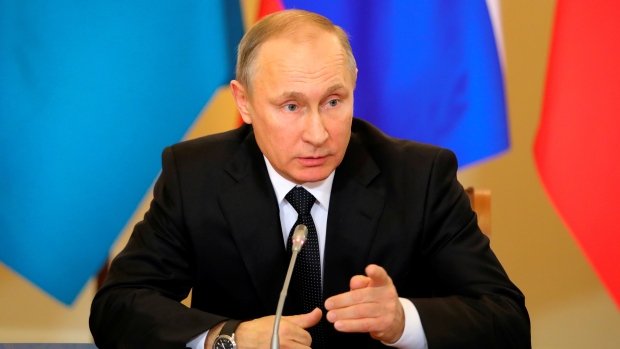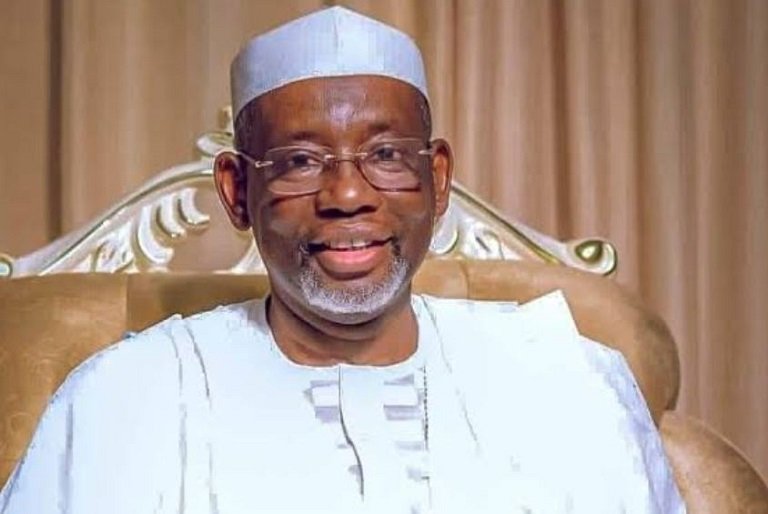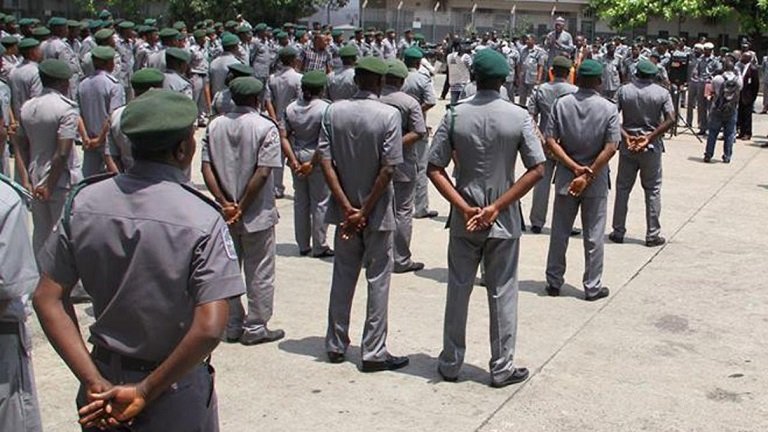
The United States and its allies hoped to take advantage of groups they themselves designated as terrorists – such as Islamic State and al-Nusra Front – in their efforts to overthrow Syrian President Bashar al-Assad, Russia charged on Tuesday.
Specifically, Russian Foreign Minister Sergei Lavrov told a Moscow press conference that the US avoided fighting Islamic State and the al-Qaeda-aligned al-Nusra so those groups would have forces available to weaken al-Assad’s regime.
He noted that al-Qaeda emerged amid US funding of mujahedin groups during the Soviet war in Afghanistan in the 1980s and that Islamic State arose amid the US occupation of Iraq in 2003.
Russia is the main military backer of al-Assad’s regime, its longtime ally, in the Middle Eastern country’s bloody civil war.
The US and some regional powers, including Turkey, support rebel groups seeking to overthrow the regime, which they accuse of crimes against humanity, including killing civilians.
The US has provided air support and other forms of backing that have allowed Iraqi security forces and the Kurdish-led Syrian Democratic Forces to recapture large swathes of territory from the organization on both sides of the border.
The US bombing campaign has also repeatedly targeted the al-Qaeda-linked Fatah al-Sham Front, formerly known as the al-Nusra Front.
Lavrov expressed hope that Russia and the US would be able to work more closely on countering terrorism, particularly in Syria, after Donald Trump becomes the US president.
Lavrov described terrorism as the world’s greatest threat over the past year.
Trump, who is to be sworn into office this week, has repeatedly expressed intentions to rebuild US-Russian ties, frayed over the conflicts in Syria and Ukraine.
Trump’s incoming administration has been invited to take part in Syrian peace talks in the Central Asian nation of Kazakhstan, Lavrov told the press conference.
Russia and Turkey, which back opposing sides in the Syrian civil war, have been coordinating the peace talks between the Syrian government and rebel groups.
The talks are scheduled to begin Monday in Kazakhstan’s capital, Astana.











